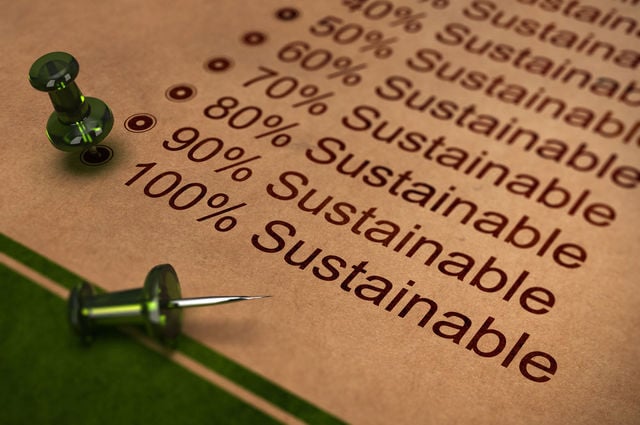How can sustainability be communicated beyond clichés and greenwashing?
31 experts shared their view
Both clichés and greenwashing are amongst the biggest traps to fall into when communicating sustainability. A "let's save the world" claim and tacky towel policy stickers are superficial and unappealing and could be a turn-off to the small group of environmentally and socially-conscious consumers. Green certification and lengthy, detailed corporate sustainability reports may (potentially) be of interest to a small niche group of highly activist consumers, who may not buy into that type of corporate hospitality in any case. However, there is a growing number of informed travelers: Those in search of genuine wellbeing and meaningful experiences at no (or as little as possible) cost to the planet. What works and what doesn't work in communicating sustainability? Any recommendations in regard to communication entering this critical decade?
In my view, communication of sustainability should focus on two areas that would make significant impacts in the society: gratifying sustainability-driven companies, and second, inspiring sustainable customer behaviours. Concerning the former, if companies are rewarded and financially backed by the economic and political spheres (e.x. tax reduction), sustainable products and services will not only be more available for the larger public, but also positively perceived in the society. This could be further supported by sustainable customer behaviours, activated by messages based on social norms that stimulate people to choose better products and services.


